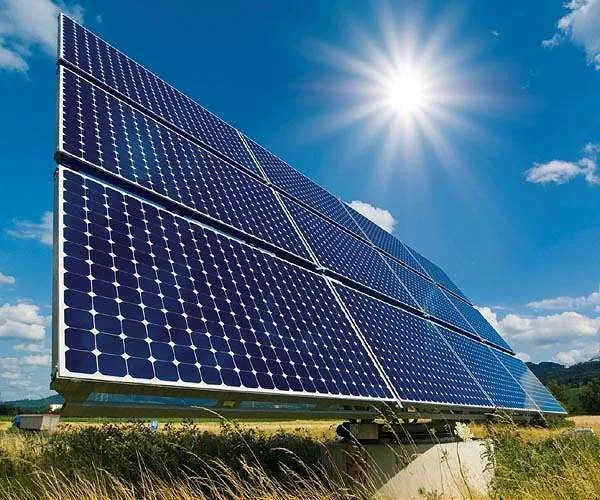Photovoltaics can make the globe fossil-free faster than anticipated
- A group of researchers led by Aarhus University and including specialists from universities as well as expertise establishments in the United States, Europe, Japan and also Australia has actually published an article in the distinguished scientific journal Joule verifying that the role of solar photovoltaic or pv installations in future eco-friendly power systems should be dramatically upgraded.

Solar photovoltaic or pv innovation has actually gone through dramatic advancement over the past 14 years creating the modern technology to be less costly already today than has actually otherwise been assumed in the designs that the UN Intergovernmental Panel on Climate Change (IPCC) makes use of for its 2050 situations.
"And also there is great reason to believe that this growth will certainly continue. Intensive research study is being performed right into solar technology, its combination right into energy systems, along with its synergy with other sectors. Moreover, innovative modern technologies are on the way that could better enhance this growth.
"Consequently, we're looking at a future where energy from solar cells is even more affordable than today. This truth does not integrate with the models behind political decisions regarding energy investments," says Aide Professor Marta Victoria from the Department of Mechanical as well as Production Engineering at Aarhus University, that is the leading author of the short article.
The post takes a look at why the integrated evaluation models and partial equilibrium versions made use of by the IPCC to form the basis for climate reports generally ignore the role of solar photovoltaic installations in the energy systems of the future.
According to Marta Victoria, there are two major reasons: The approximated rate of power from solar cells has actually been set too high, and the models are also traditional in relation to the share of renewable resource possible in a power system.
"For example, a number of models have a built-in cap of 30 per cent power from renewable energy sources. Experience from Denmark, for instance, clearly shows that a higher share is certainly really feasible. As well as the very same gets the price. All the models utilized by the IPCC in their reports, apply an expense that falls to a minimum of EUR 1 per mounted watt in the year 2050. Nonetheless, the typical expense today is currently cheaper than this. To put it simply, thirty years before previously thought," she states.
According to the researchers, the issue is merely that the versions have not taken into account the speed of developments in solar photovoltaic or pv innovation.
Given that 2007, solar power production has experienced huge rapid development worldwide. Such a quick growth is unmatched for any other power source.
This suggests that when the IPCC checks into future energy systems based upon its current designs, solar photovoltaic innovation does not look as preferable as it actually is.
"Consequently, the IPCC stresses other energy sources and innovations and also undervalues the payment from solar cells. This is plainly wrong. Instead, the IPCC needs to send a clear signal that solar modern technology has actually matured, which it ought to play a larger function in the future. More powerful emphasis in this area is important because it means we can transform to a climate-neutral energy supply long in the past 2050," says Marta Victoria.
According to Marta, there is no doubt regarding exactly how the international area can fulfill the targets in the Paris Agreement to restrict global heating to 1.5 levels Celsius fastest as well as most affordable: We require to invest greatly in renewable resource resources, as well as especially solar energy.
"You can't make use of conservative estimates from old power systems when you have to model a completely different future. We need to recognize that photovoltaic or pv modern technology has undergone remarkable advancements recently that make it an extremely important gamer in the future. Otherwise, the environment-friendly change of our energy systems will simply be as well expensive," says Aide Professor Marta Victoria.
Also read

